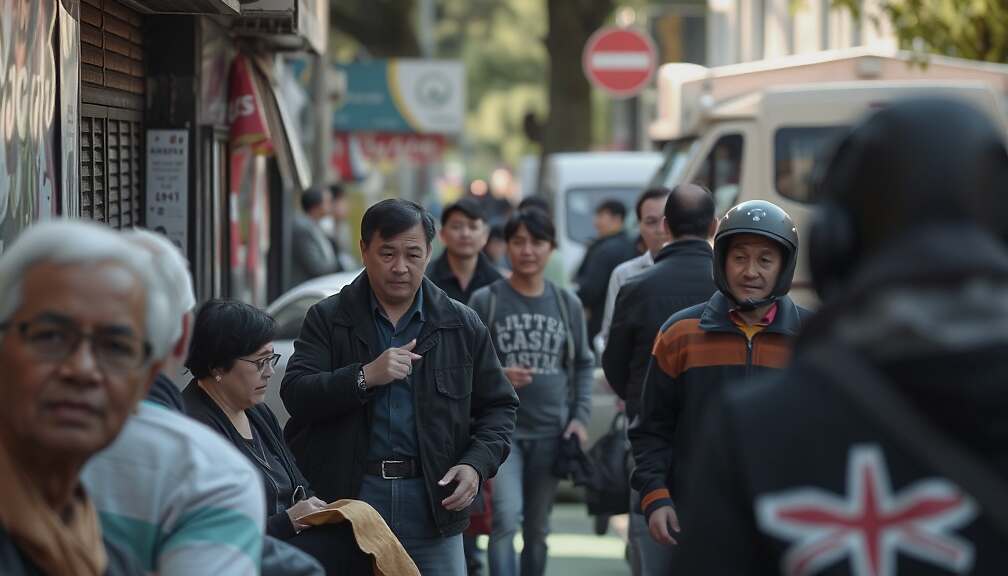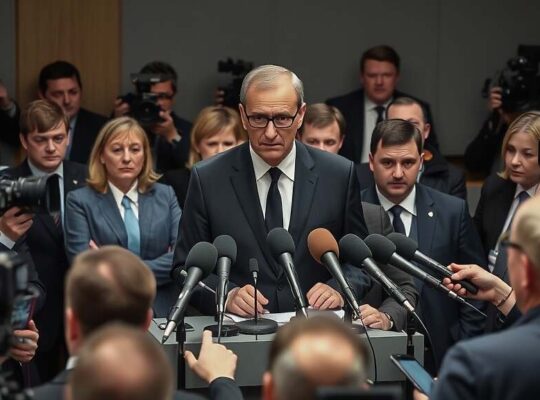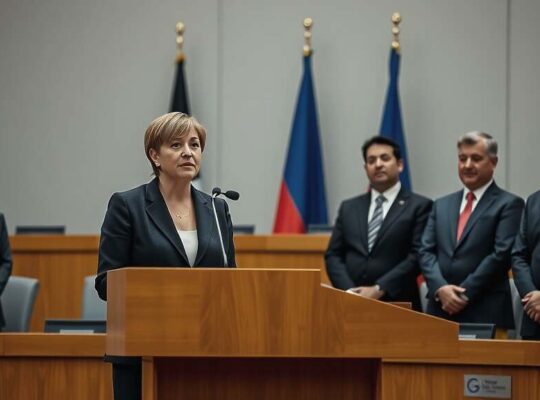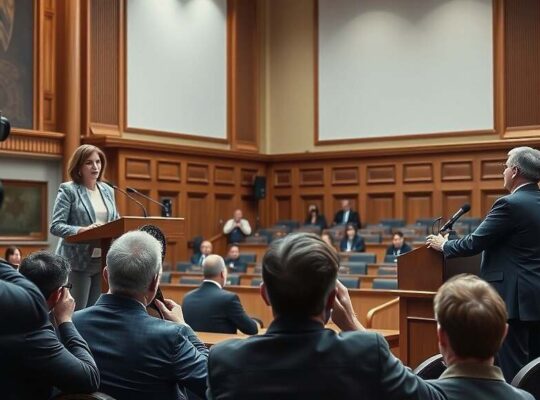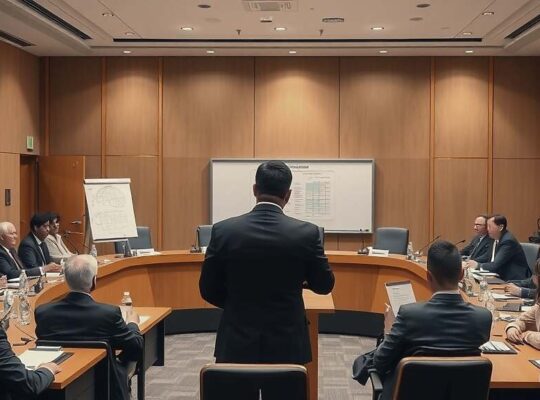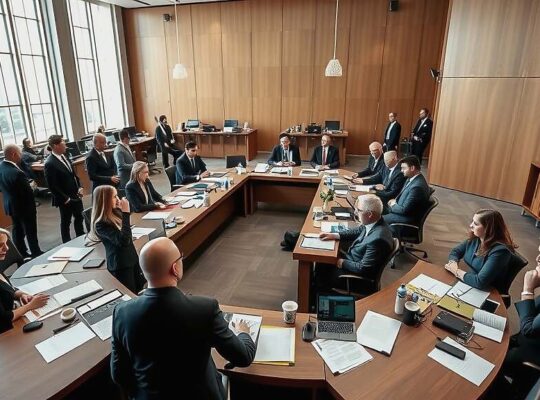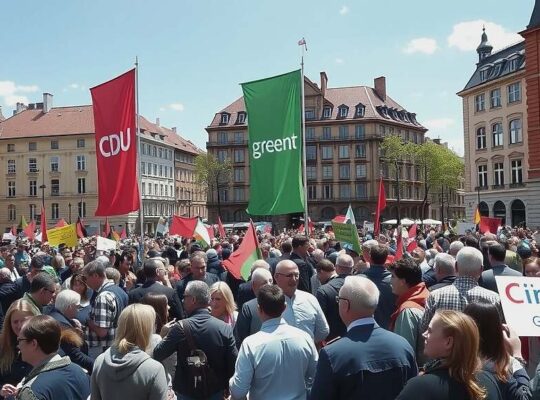CDU Gains Ground as Green Party Struggles
North Rhine-Westphalia, Germany’s most populous state, is witnessing a notable realignment in its political landscape.. Just eighteen months ahead of the next state election (spring 2027), CDU leader Hendrik Wüst appears to be successfully navigating a period of broader challenges for the conservative Union bloc, establishing a significant lead in voter preference according to a recent INSA poll.
The survey, commissioned by “Bild” reveals a current voter share of 36% for the CDU, a stark contrast to the struggles faced by Wüst’s coalition partners, the Green Party. The Greens currently register at a concerning 12%, highlighting a potential crisis point for the ruling alliance. The Social Democratic Party (SPD), historically dominant in the region, finds itself in a similarly precarious position, polling at just 19% – a dramatic fall from its former stronghold status.
The rise of the far-right Alternative for Germany (AfD) continues to be a factor, currently holding 16% of the vote, while the Left Party maintains a modest 7%. Most worryingly for smaller parties, the Free Democratic Party (FDP) faces a battle to re-enter the state parliament, teetering on the edge with a projected 5% share.
The findings, derived from a survey conducted between November 11th and 18th, involving 1,000 respondents, suggest a growing disconnect between the Green Party and the electorate. While official explanations cite challenges in implementing ambitious environmental policies and navigating complex economic pressures, critics point to a perceived drift from core societal concerns as a contributing factor.
The CDU’s resurgence is particularly noteworthy given the broader national trend of voter dissatisfaction with the Union. Wüst’s success in maintaining a positive reputation in North Rhine-Westphalia raises questions about the effectiveness of national CDU strategies and underscores the vital importance of regional leadership in shaping electoral outcomes. The coming months will be crucial in observing whether this trend continues and how national political dynamics influence the evolving landscape of North Rhine-Westphalia’s state politics.


